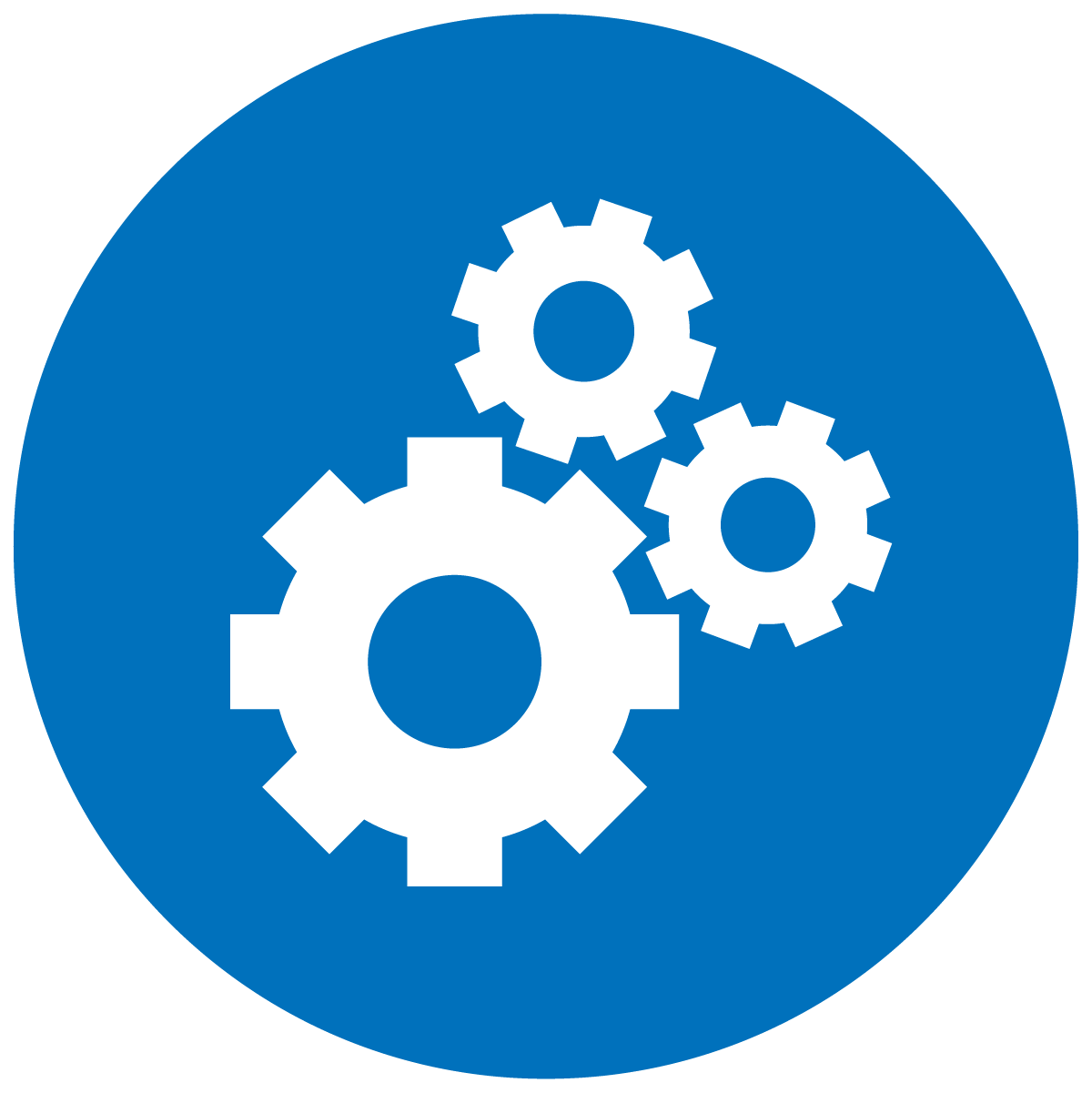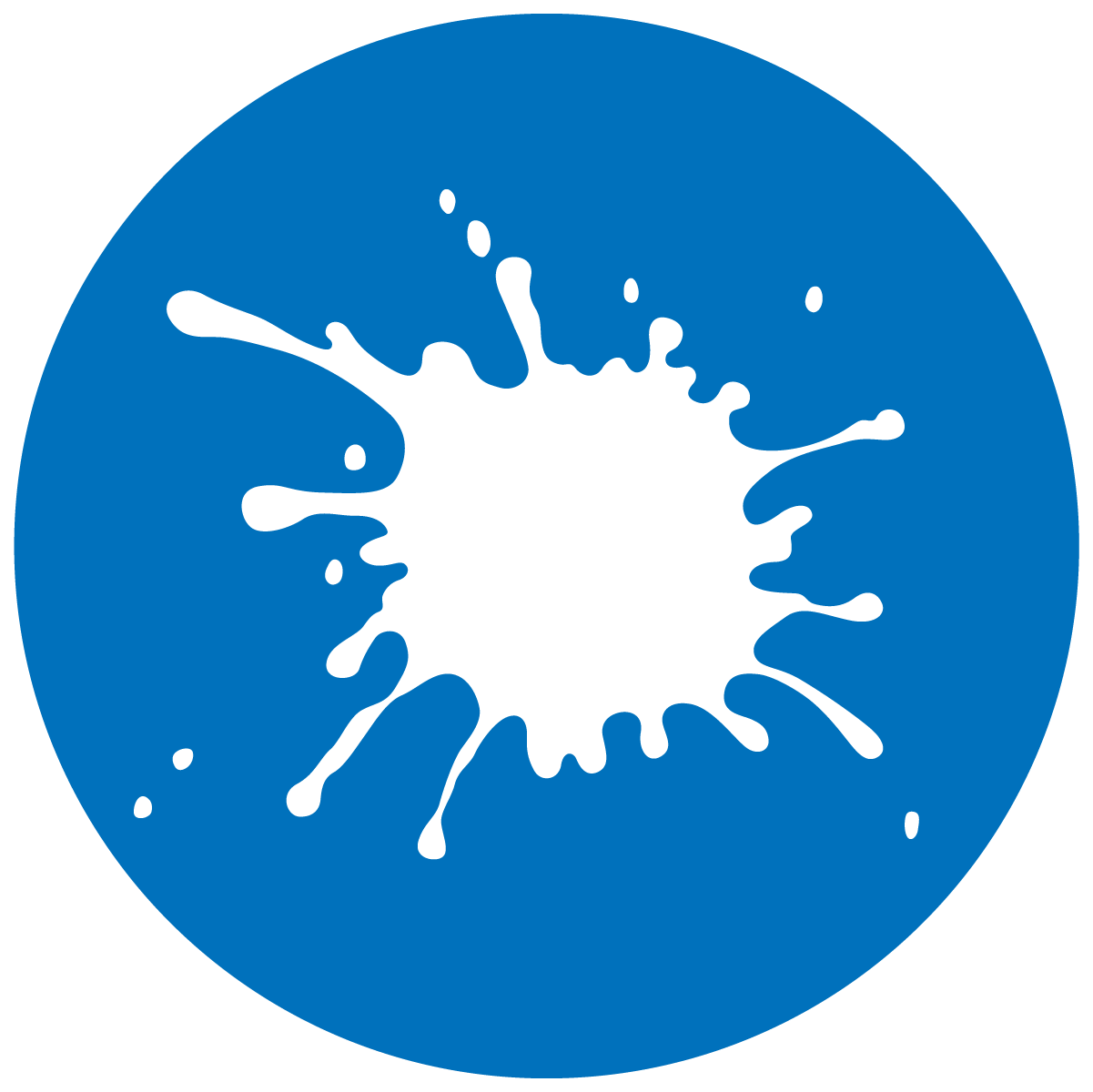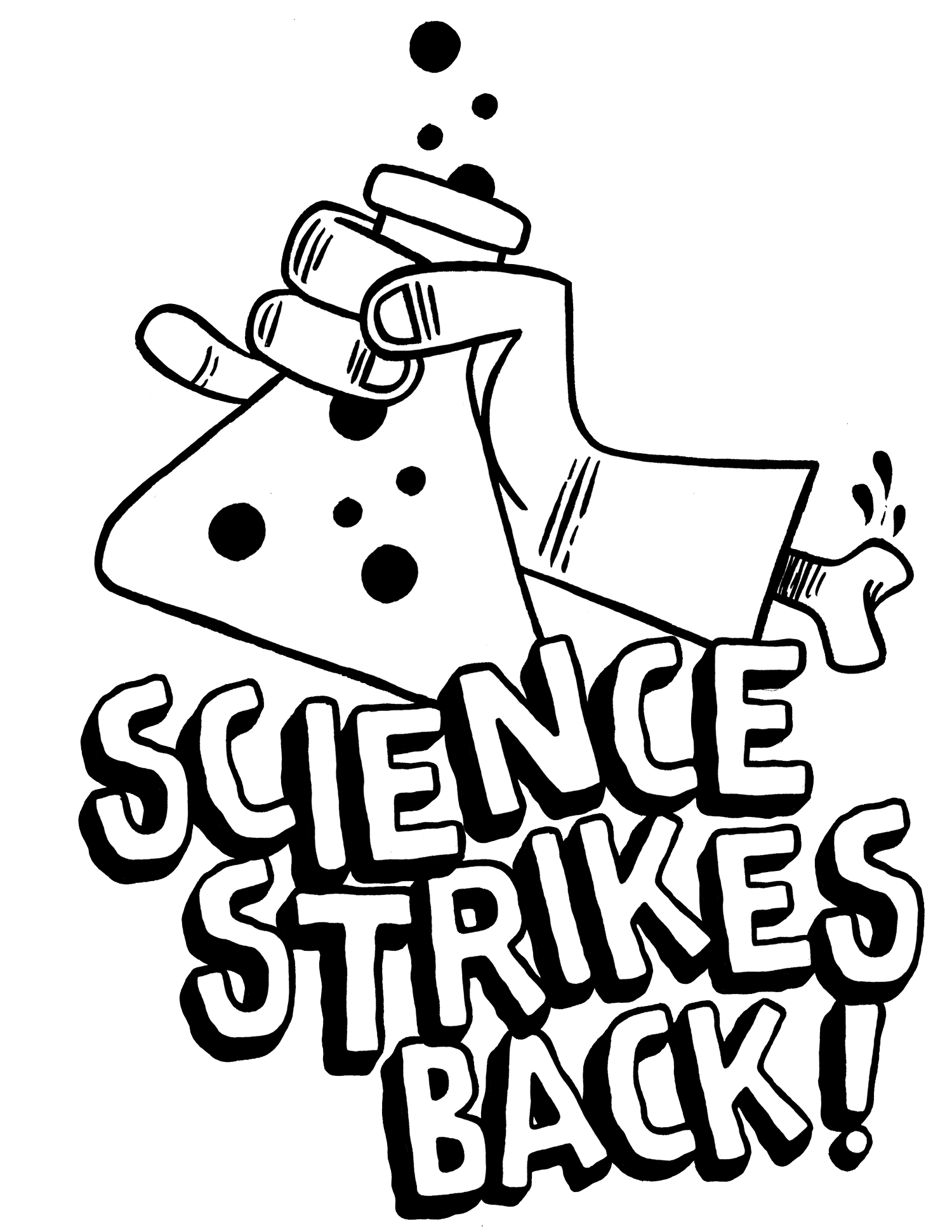
CATEGORIES
What problem facing our community do you want to help solve? For what issue do you want to raise awareness? What's gonna blow their minds? In past events, winners have investigated whether loud toots are stinkier, and developed software in an attempt to pass the Turing Test. Here's your chance to make 'em think, make 'em laugh, and make a lasting impression. Our categories follow the STEAM! rubric, according to the NGSS Scientific and Engineering Practices & Crosscutting Concepts plus an additional topic.
-

SCIENCE
SCIENCE OF CLIMATE CHANGE
Asking questions and constructing explanations (for science)Climate change continues to shape the world we live in today. What are some questions you'd like to explore? How does cleaner water help clean our air? What will happen if the polar ice caps melt? What is the process of recycling a can of soda?
-

TECHNOLOGY
USE THE RIGHT TOOL
Engaging in argument from evidence; Planning and carrying out investigationsThink about where we were 15 years ago, right when the iPhone was still new. Now think about where we'll be in 2037. What's on the horizon, and how will it make our lives better? Share your vision of the world to come.
-

ENGINEERING
SCIENCE-BASED DESIGN
Defining problems (for engineering) and designing solutions (for engineering)Design a better community with outcomes that benefit as many of your neighbors as possible. From city planning to civil engineering, we want to see how you'll solve problems and overcome hurdles for an improved society.
-

ART
SCIENCE IS BEAUTIFUL
Developing and using models; patternsBoth science and art are about creating a language that interprets the world around us that can be understood by others. Let's see how scientific insights and discoveries manifest themselves with your artistic take. Bonus points if you solve a problem or discover something new along the way.
-

MATH
DRIVEN BY DATA
Analyzing and interpreting data; Using mathematics and computational thinkingNumbers can tell a compelling scientific story. Collect data to give us an idea about what's happening and maybe even why. Put your theories to the test and get objective, hard numbers that demonstrate what's going on around us.
-

!
WEIRD SCIENCE
Obtaining, evaluating, and communicating information; Systems and system modelsHave an idea that's a little removed from our STEAM categories? Let's get weird. Be sure your experiment is rooted in the scientific method with empirical research... but go nuts. No idea is too far out there or crazy.
Science Strikes Back (SSB) aims to encourage community members in Milwaukee to critically analyze environmental issues and solve problems in their communities. Through the development of collaborative relationships between students, educators, and content specialists from locally-based organizations, Science Strikes Back will produce a strong network in Milwaukee for continued environmental education and natural resource stewardship. Inspiring an interest in our Great Lakes watershed, supporting student inquiry in community issues and advancing dialogue around environmental justice all are examples of how SSB hopes to support science in Milwaukee.
PRIZES
TBD
